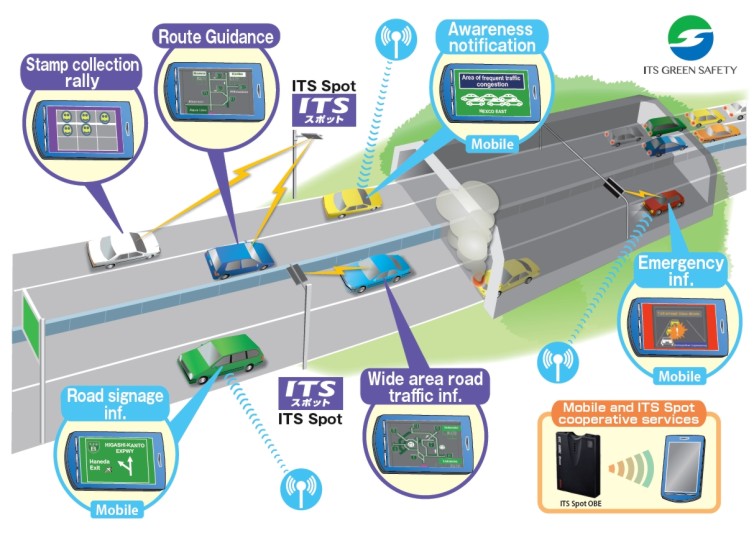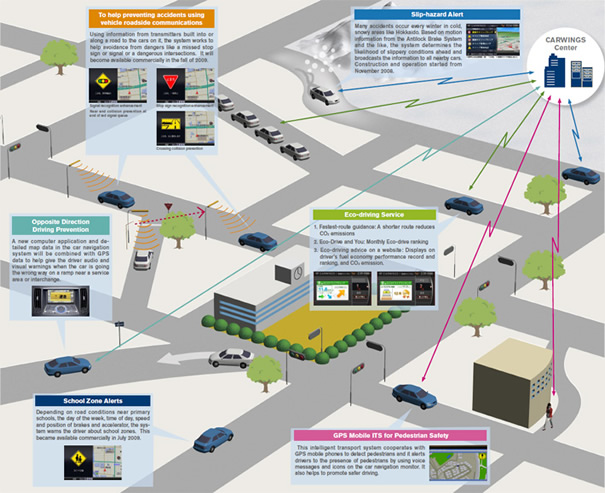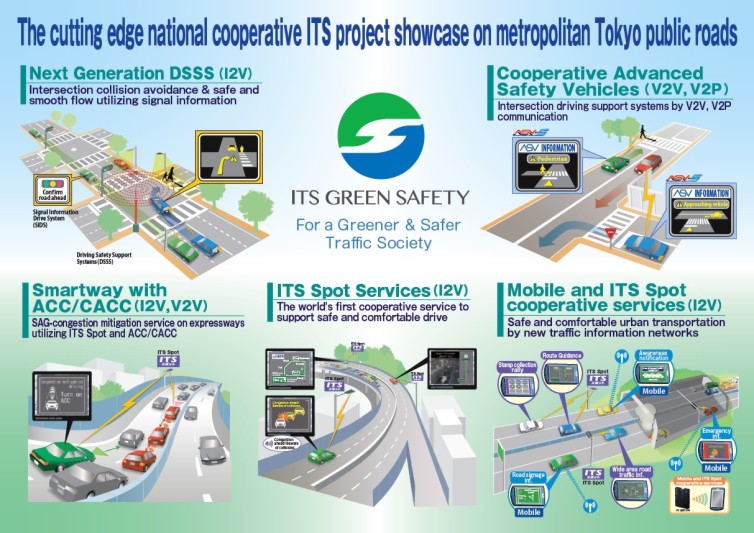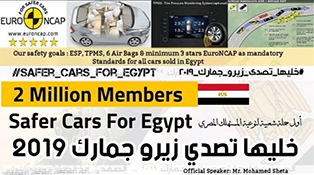FIA
Day 7 of 4th United Nations Global Road Safety Week - How FIA and United Nations team up to Save Lives - #slowdown
Therefore we at Auto Arabia teamed up with the Automobile & Touring Club of Egypt ATCE in order to raise the public and media awareness about this extremely important issue, as our part and contribution to the 4th United Nations Global Road Safety Week and to the efforts of the FIA in improving the road safety situation worldwide.
During this Global Road Safety Week we will see Auto Arabia’s editor-in-chief Mohamed Sheta cooperating closely with the Automobile & Touring Club of Egypt and its Traffic & Tourism Committee. Sheta is not only an influential automotive journalist and well-known jury-member in six internationally-renowned automotive awards with over 25 years of experience in the automotive, motorsport and media sector, but he is also an internationally-acknowledged road safety advocate speaking regularly in fluent German, Arabic, and English at regional and international automotive and road safety conferences.
Sheta will be talking daily here on autoarabia.org and on several radio and TV channels about the most challenging problems and obsta
This extensive media activity is aimed primarily at reaching millions of road users, internet users, TV viewers and radio listeners but at the same time will also reach the political decision-makers and stake-holders.
On each day of this road safety week Mohamed Sheta will tackle a different road safety topic/problem, and explain how to adapt effective solution for those road safety problems based on the current circumstances in Egypt and based on the behavior and understanding of the Egyptian road user.
During the seven days of the 4th UN Global Road Safety week Sheta will talk about the following seven topics:
- 08.05.2017: Risks of speeding for passenger car drivers
- 09.05.2017: Risks of speeding for motorcycle riders
- 10.06.2017: Risks of speeding for microbus, minibus, public transportation bus, tourism bus and taxi drivers
- 11.06.2017: Risks of speeding for Light Commercial Vehicle drivers
- 12.06.2017: Risks of speeding for Heavy Goods Vehicle drivers
- 13.05.2017: The role of the government, the private sector, the NGOs, the public & private schools, the public & private universities and the law enforcement authorities
- 14.05.2017: The importance of the use of modern technology and ITS by the law enforcement and the importance of active and passive safety features in the passenger cars, motorcycles, buses, LCVs and HGV for reducing the braking distances
So today on the 14th of May 2017, the seventh and last day of the 4th UN Global Road Safety week, Mohamed Sheta will be talking about the importance of using modern technology and ITS by the law enforcement, the importance of active and passive safety features in the passenger cars, motorcycles, buses, LCVs and HGV for reducing the braking distances, thus reducing the impact speed and creating less damage and injuries.
Here is what he had to say about this topic:
‘The use of Intelligent Traffic Systems (ITS) in Egypt and especially in Cairo is extremely important and will reduce the numbers of accidents considerably.
Less traffic means less congestion. Less congestion means less stress. Less stress means better concentration and consequently less accident, especially in the hot summer months where many taxis, microbus, and minibuses still do not have air-condition.
Through ITS the traffic departments will be able to re-direct and re-navigate the vehicle users and motorists away from the congested road to less congested road, thereby creating a smooth flow and reducing stop-and-go traffic.
By reducing stop-and-go traffic they automatically reduce the chances of minor accidents. And even those minor accidents on low speeds can sometimes result in severe injuries.
The traffic departments must also start using mobile speed radars in disguised police cars and on police motorcycles in order to catch more traffic law violators.
In addition to that the government and the media must encourage the consumers to buy cars with the latest active and passive safety features. The government must offer incentives, customs reduction and tax exemption for cars with the latest active and passive safety features, such as live-saving Electronic Stability Program (ESP), at least 6 airbags, the Tire Pressure Monitoring System (TPMS) and the Emergency Braking System.
Same tax exemptions and customs reductions should also be considered for motorcycles and scooters with ABS, ASR, Electronic Traction Control, brake-discs instead of drum-brakes or even airbags (like in the case of the Honda Gold Wing).
The Egyptian government should also ensure that all microbuses, minibuses and buses assembled in Egypt or imported to Egypt must come with ABS, ESP, Tire Pressure Monitoring System, seatbelts and headrest for all passengers and the life-saving Emergency Braking System.
Same applies also to the Light Commercial Vehicles (LCV), where the Egyptian government must ensure that any vehicle sold in Egypt must have the latest active and safety features.
This should include the basic active and safety features such as ABS, TPMS and the Emergency Braking System. This should include the special Electronic Stability Program for LCVs which is usually a modified version of the standard ESP with an addition function for calculation the load and thus the different center of gravity.
But most importantly the Egyptian government has to watch over the import and registration permits for the Heavy Good Vehicles, as those heavy 40-tons vehicles create the crash with the highest numbers of fatalities in Egypt. All HGV imported to Egypt should not be older than 5 years. Preferably they should not have more than 200.000km on the clock and should pass a strict roadworthiness test according to European standards before being registered in Egypt.
In addition to that all HGV must have an Emergency Braking System installed. Older HGV should be given a time-frame of maximum 5 years to either install such a system, and if not possible than the permit for those HGV should be revoked.
Of course the insurance companies should also encourage their customers as well by offering more discounts on the insurance premium for safer vehicles, which have the latest active and passive safety features installed in the vehicle.
At the end of this road safety week I would like to point out one important thing:
No matter how many active and passive safety you have installed, the speed of your vehicle still is the most important factor at the end, because of the physical laws. Therefore, always #slowdown and safe lives. ‘
AA
14.05.2017
Cairo
Related articles:
#SaferCarsForEgypt
 Want to sell your used car or buy one? Then check out our new used car market section
here!
Want to sell your used car or buy one? Then check out our new used car market section
here!
 Looking for a good service center or aftersales customer service? Did you have any bad experience with your car dealer or service center? Then check our 'automotive evaluation charts'
here!
Looking for a good service center or aftersales customer service? Did you have any bad experience with your car dealer or service center? Then check our 'automotive evaluation charts'
here!
Is Egyptian car market corrupt or collapsing?

Is the Egyptian car market collapsing or is it just a corrupt and unprofessional car market?
This is surely one of the most asked questions these days. Everybody is asking ...
AutoArabia Consulting
Middle East Car of the Year

Read more
Crash Test Results

Subscribe






 Volvo Cars receives highest possible sustainability ...
Volvo Cars receives highest possible sustainability ... Nicolas Fuchs steers Borgward BX7 DKR to 3rd place at ...
Nicolas Fuchs steers Borgward BX7 DKR to 3rd place at ... VOLVO XC60 IS THE NEW 2018 WORLD CAR OF THE YEAR
VOLVO XC60 IS THE NEW 2018 WORLD CAR OF THE YEAR Jaguar Middle East launches F-PACE 2.0 WITH NEW 250PS ...
Jaguar Middle East launches F-PACE 2.0 WITH NEW 250PS ... Egypt-Exclusive: First Drive of Volvo XC60 – Is it ...
Egypt-Exclusive: First Drive of Volvo XC60 – Is it ... FIA OFFICIAL STATEMENT FOLLOWING THE 2017 AZERBAIJAN F1 ...
FIA OFFICIAL STATEMENT FOLLOWING THE 2017 AZERBAIJAN F1 ... Volvo Cars safety experts receive prestigious award ...
Volvo Cars safety experts receive prestigious award ... Geneva Show 2017: All-new Volvo XC60 SUV will ...
Geneva Show 2017: All-new Volvo XC60 SUV will ... Formula E 2017 season: Renault e.dams win opening race ...
Formula E 2017 season: Renault e.dams win opening race ... XC90 and 90 series help Volvo Cars report impressive ...
XC90 and 90 series help Volvo Cars report impressive ...




